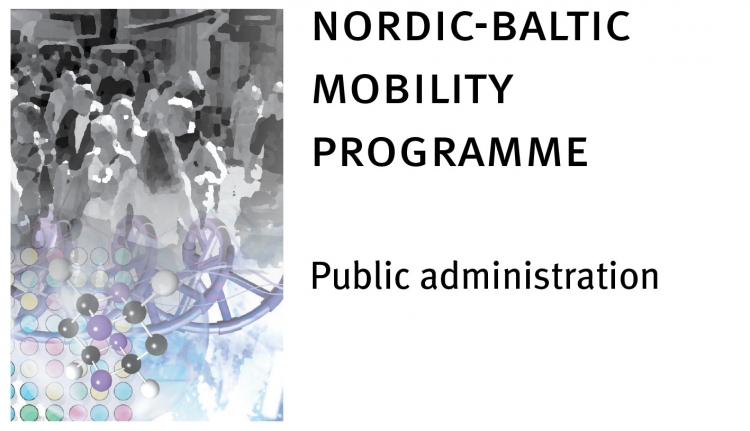73 applications were received this year, which is a little less than in previous years, because the requirement for cofinancing had increased – the applicants had to finance at least 40 percent of the project budget themselves. The steering committee of the programme explained the increase of the required cofinancing with the need to improve the quality of applications.
The biggest number of applications was submitted in Estonia (32), Latvia (20) and Lithuania (17). 4 applications were submitted in Nordic countries. However, when we look at the division of the countries that took part in the project, we see that the Nordic countries are the most active. Statistics of the grant programme.
The Nordic-Baltic Mobility Programme for Public Administration supports the study visits, work placement trips and network meetings of officials and other public sector workers, thereby contributing to cooperation between the Nordic countries and Baltic States on the level of ministries, regional offices and local governments.
Grants are issued to projects that involve partners from at least three NB8 countries (Estonia, Latvia, Lithuania, Finland, Sweden, Norway, Denmark, Iceland). The programme covers up to 60% of a project's travel and accommodation costs and daily allowances. The programme is financed by all of the Nordic countries and Baltic States.

